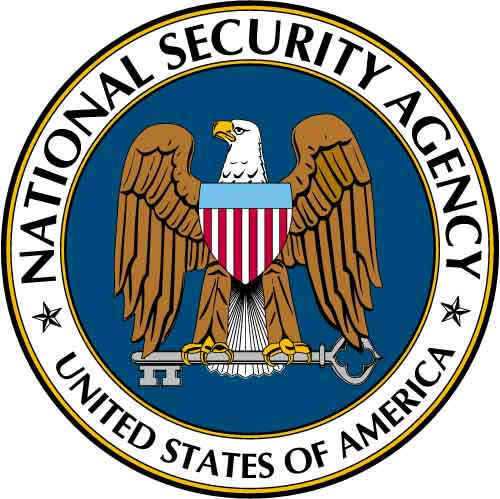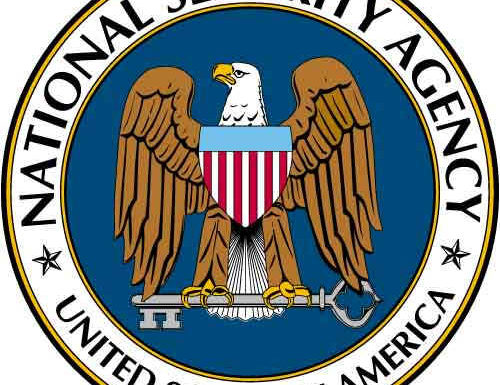
The U.S. Department of Homeland Security has issued several official warnings to the public this past week, advising users to disable or uninstall Java software on their computers.
(Read the US-CERT Statement here)
The warning comes after reports from computer security experts were released, stating that hundreds of millions of business and consumer users are vulnerable to a serious flaw in the software.
Despite a recent “patch” released by Oracle to fix the problem, Homeland Security officials continue to advise people to not use Java.
It’s not uncommon for the U.S. government — or any other government agency — to advise against security threats, but rarely does an agency actively warn to disable software; rather they offer advice to mitigate such threats or potential attacks, such as updating software on their systems.
What is Java?
Java is a programming language and computing platform first released by Sun Microsystems in 1995. There are lots of applications and websites that will not work unless you have Java installed, and more are created every day. Java is fast, secure, and reliable.
The Java Runtime Environment (JRE) is what you get when you download Java software. The JRE consists of the Java Virtual Machine (JVM), Java platform core classes, and supporting Java platform libraries. The JRE is the runtime portion of Java software, which is all you need to run it in your Web browser.
Unless you absolutely need Java installed on your system, it’s probably a good idea to disable or uninstall Java immediately, just to be on the safe side.
